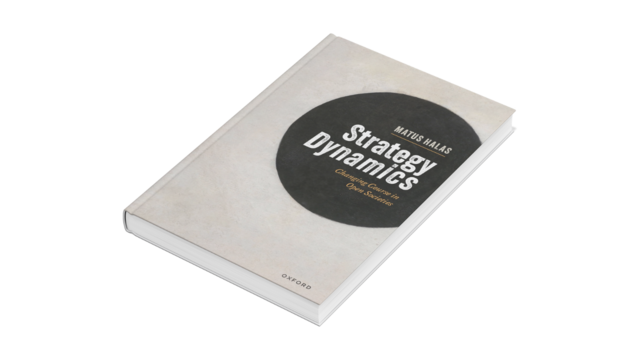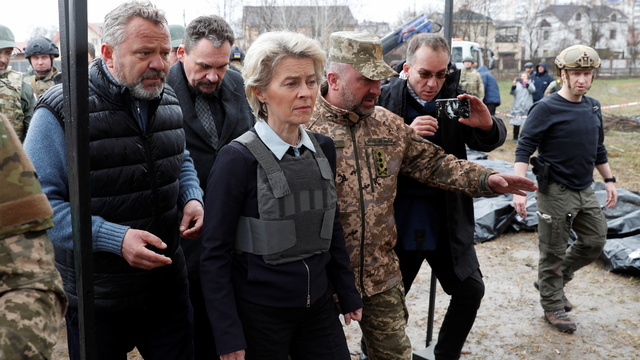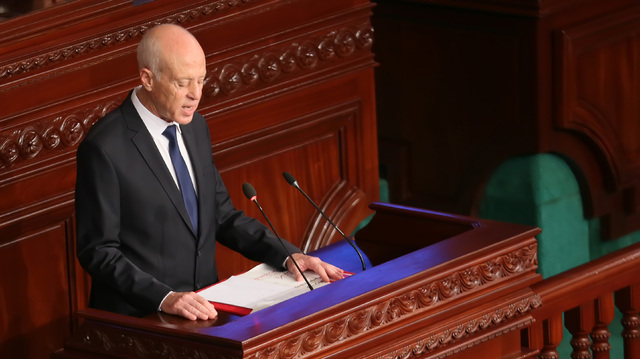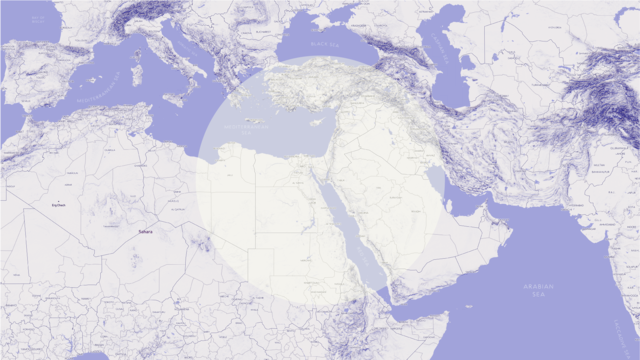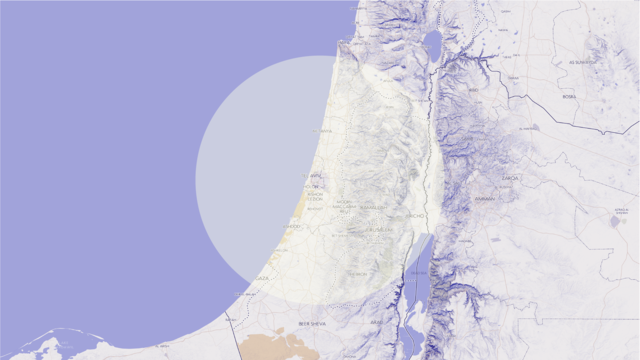Israel’s Relations with the European Far Right: Implications for Czechia and the EU
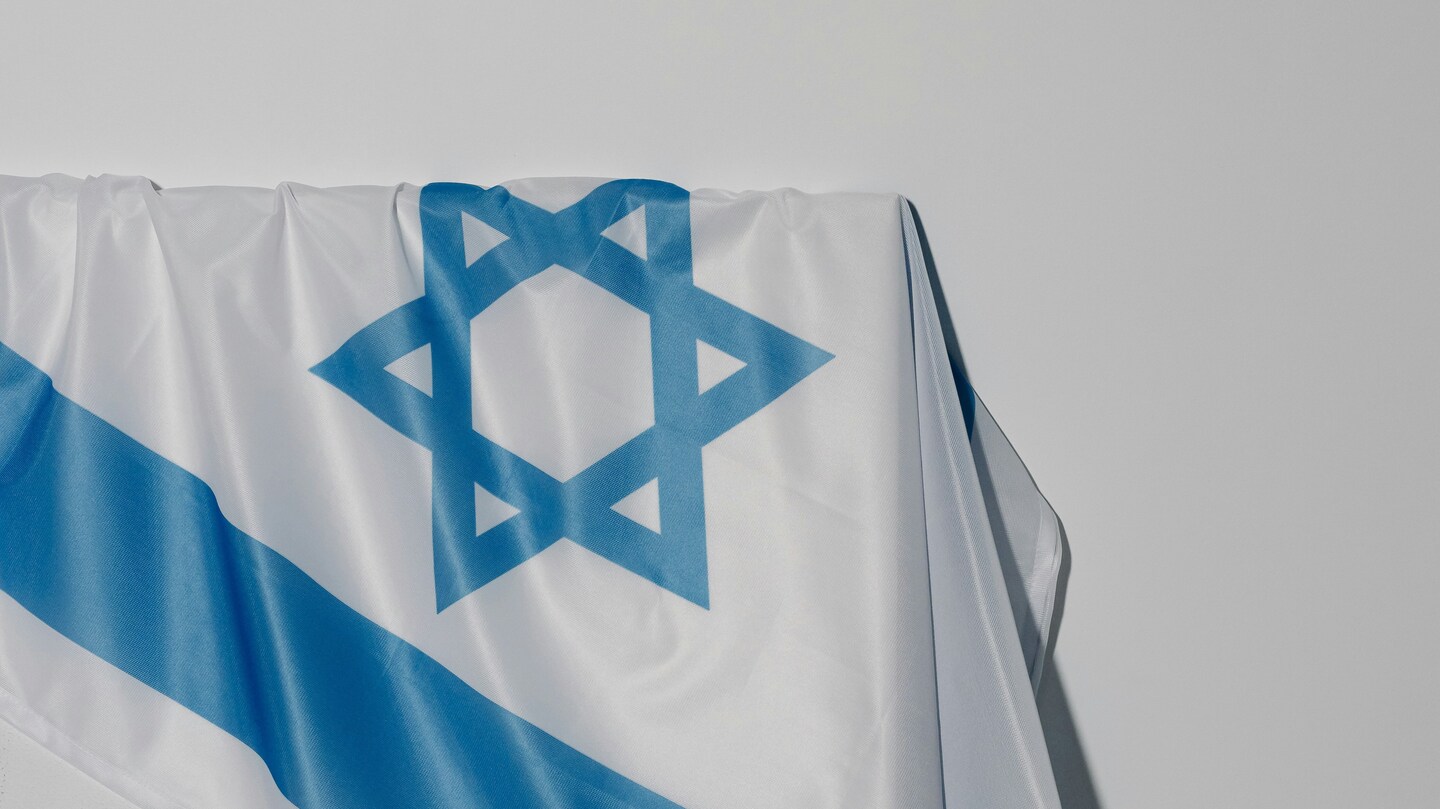
In his article for for our publication Analýzy ÚMV Azriel Bermant focuses on the challenges Czechia faces in balancing its historical support for Israel with its commitment to democratic values, human rights, and EU cohesion. n.
Czechia’s longstanding friendship with Israel is closely tied to its perception that both countries share a rich democratic tradition. Israelis have long viewed the Czech nation as a friend of Israel and the Jews. This has carried even more weight in the wake of the Hamas massacre of October 7. Yet the Netanyahu government has established transnational alliances with far-right illiberal actors in Europe to promote a nativist agenda which undermines this democratic tradition. This chapter argues that there is a clear contradiction between the priorities of Czech foreign policy which emphasize the advancement of democracy, human rights and civil society, and the actions of the Netanyahu government which weaken these values. It discusses how Czechia can maintain close relations with Israel while at the same time remaining committed to the promotion of democracy, minority rights and civil society. It suggests reaching out to Israeli opposition figures who are strongly committed to the safeguarding of democratic values and support for the EU.
The Shattering of the Taboo on Israeli Ties with the European Far Right
In the decades following its establishment, Israel made a point of ostracizing the European far right. For example, in 2000, Israel recalled its ambassador from Vienna in protest at the inclusion of Joerg Haider’s far right Freedom Party in the Austrian government. Yet this longstanding policy was broken by Netanyahu, who has fostered close ties with extremist parties that indulge in nativism and attacks on vulnerable minorities. The European far right is perceived by the Netanyahu government as a means to counterbalance unwelcome European positions on Israel, including the issue of settlements in the West Bank. Nevertheless, a number of Western countries within the EU are unhappy with Israel’s cooperation with illiberal governments that block EU decisions. Israeli opposition leaders such as Yair Lapid are opposed to Netanyahu’s efforts to build closer ties with European extremists.
The flourishing cooperation between Israel and illiberal governments should also be viewed in the context of the significant changes that have taken place within Israel over recent years. Netanyahu has appointed extremist figures to senior positions in his government. This is exemplified by the appointment of Itamar Ben Gvir as minister of public security. Ben Gvir is a disciple of Meir Kahane, a Jewish fascist who was the leader of the Kach party, which was banned in the late 1980s because of its racist policies. Ben Gvir’s presence in the government has emboldened extreme ultra-nationalist settlers, who have stepped up their attacks on Palestinians in the West Bank. Notwithstanding the fact that Israel is a country at war, it has been experiencing unprecedented political and social turmoil amid concerns over Netanyahu’s actions, including the recent firing of the defence minister Yoav Gallant, who was viewed publicly as one of the few figures in the government capable of restraining the prime minister. Over one in five Israelis have participated in mass protests against the government’s judicial reform amid widespread public concern that Israel’s democracy is under threat.
Some examples of countries where the Netanyahu government has developed close relations with far-right parties are Hungary, Romania, Spain, France and the Netherlands. Among these, Netanyahu has an especially close relationship with the Hungarian prime minister Viktor Orban even though the majority of Hungary’s Jewish community are opposed to his actions. Orban has undermined his country’s democratic institutions and been a fierce opponent within Europe of the provision of sanctuary for refugees and other migrants.
Moreover, in late November 2024, Israel’s diaspora affairs minister Amichai Chikli called Calin Georgescu, a former member of Romania’s AUR party (Alliance for the Unity of Romanians) and the frontrunner in Romania’s presidential election which was later annulled. The AUR is an ultranationalist party strongly opposed to Muslim immigration. A key factor in the Netanyahu government’s decision to reach out to the AUR party is the fact that its party leader George Simion is strongly supportive of the Jewish settlements in the West Bank. The settler leader Yossi Dagan was present at a meeting between Israel’s ambassador in Romania and Simion in August 2023. Dagan and other settler leaders, who are close allies of the Netanyahu government, have also participated in meetings with figures from the German far right Alternative for Germany (AfD) party. AfD has deep anti-Semitic roots and some of its leaders continue to express hateful views on the Holocaust. Yet some politicians in the German party are seeking to whitewash its reputation through support for Israel.
Israel has also cultivated close ties with the far-right Vox party in Spain. Vox has sought to repeal legislation targeting gender-based violence and has called for shutting down the Ministry of Equality. In May 2024, Chikli was a guest speaker at the Europa Viva 24 conference hosted by Vox. The Vox leader, Santiago Abascal, visited Israel in May 2024 and met with Netanyahu. He has been very supportive of Israel’s war against Hamas in Gaza. His opposition to a Palestinian state makes him a valuable ally for the Netanyahu government, especially as the week before his visit, the Spanish prime minister Pedro Sanchez had announced that Spain would recognize Palestine as a state.
Netanyahu has also forged close relations with the Dutch far right leader Geert Wilders. His Party for Freedom had pledged in its 2023 election manifesto that there would be no Islamic schools, mosques or Qurans in the Netherlands. The party also called for a ban on headscarves in public spaces and a “general asylum freeze.” Nevertheless, Wilders had to accept the removal of the most extreme parts of his manifesto in order to enable his party to enter government. It is noteworthy that the coalition government of which the Party for Freedom is a part has expressed a readiness to consider the relocation of Israel’s embassy to Jerusalem. Wilders has long been an outspoken supporter of Israel and has described it as a beacon of democracy in a region of tyranny.
Finally, the Netanyahu government is also developing closer ties with the far-right National Rally party of Marine Le Pen. In July 2024, the French president Emmanuel Macron protested to Netanyahu in the wake of remarks by Chikli which were seen as an intervention in the French parliamentary elections. Chikli referred to Le Pen’s support for Israel and her participation in a march against antisemitism. He stated in an interview with Israel’s public broadcaster: “It is excellent for Israel that she will be the president of France, with 10 exclamation marks… I think I and Netanyahu are of the same opinion.”
Implications for Czech Foreign Policy
The Fiala government has stated clearly that the active promotion of the values of freedom, human rights and democracy are a priority for the country. The Czech government, in its foreign policy statement of January 2022, has referred to “stable partnerships with democratic countries around the world […] the protection of human rights and democracy, and the global promotion of […] European values.” Yet Czechia’s support for the Netanyahu government, which has promoted an undemocratic nativist agenda, comes into confrontation with these values.
Israel’s ties with the European far right have significant implications for Czechia and its foreign policy. The active promotion of the values of freedom, democracy and human rights is a priority for the country. Membership of the European Union is viewed as a matter of great importance for Czechia. Yet the rise of the European far right is liable to exacerbate divisions in the EU over the Israeli-Palestinian conflict.
Foresight: The Election of Donald Trump – A Tailwind for the European Far Right?
The election of Donald Trump in the US elections will give encouragement to European extremists, strengthen illiberal figures such as Viktor Orban and embolden those forces challenging protections for minorities. As long as the Netanyahu government is in power, it is likely that it will continue to advance closer relations with parties of the European far right.
The EU divisions over the Israeli-Palestinian conflict are likely to remain. The war in Gaza will continue to be exploited by many on the far right who claim that the increase in Muslim immigrants heightens the risk of terrorism in Europe. The Netanyahu government is likely to step up its efforts to strengthen alliances with European far right parties that are willing to soften or block EU decisions that Israel perceives as unfavorable. This narrative will strike a chord with many in the EU who are unhappy with the rise in levels of migration, yet poses a risk to social cohesion and therefore presents a challenge for Czech foreign policy. Czechia has an interest in fostering ties with Israeli opposition figures who attach great importance to the preservation of democratic values.
→ Israel’s Netanyahu government is likely to amplify the voices of nationalist forces within Europe that are supportive of Israel’s actions in Gaza. The election victory of Donald Trump will further reinforce this position.
→ The Netanyahu government is working to strengthen relations with far right parties that promote nativist politics and narratives which heighten tensions within the EU. This undermines Czech efforts to strengthen social cohesion, human rights and civil society in the EU.
→ Czechia can maintain its support for Israel but this should be in accordance with core principles of Czech foreign policy based upon shared democratic values.
